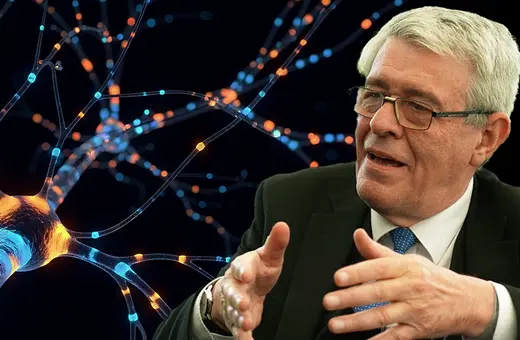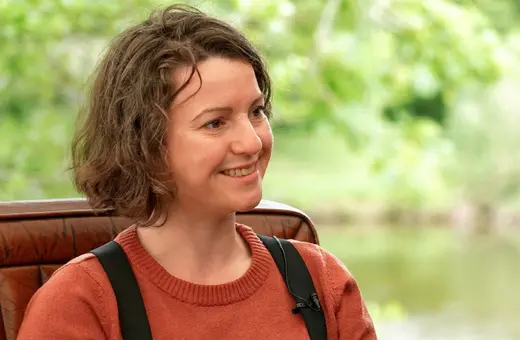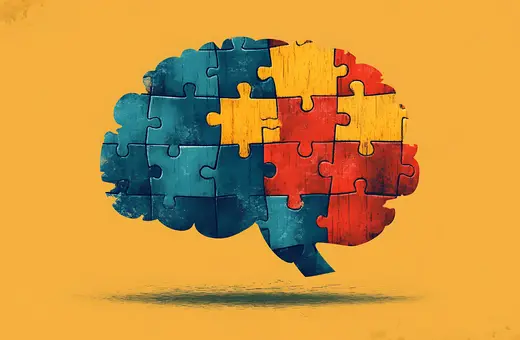In the 1960s, meditation was only embraced by hippies. Then the business world became enamoured with mindfulness’s promise of better concentration and stress coping mechanisms. Now the practise is so widely spread in the West, that even the UK’s National Health Service recommends it. But with the popularity and business created around mindfulness, the myths surrounding it abound as well. Psychologist Daniel Goleman, author of 14 books on emotional intelligence and mindfulness, including three consisting of dialogues with the Dalai Lama, is interested in the science behind meditation. This has been the subject of his latest book, Altered Traits: Science Reveals How Meditation Changes Your Mind, Brain and Body, co-authored with Richard J. Davidson. Goleman discusses the attacks on mindfulness and retaliates with scientific nous in the interview below.
—Paula Erizanu
You’ve written about mindfulness for several decades now. Have you changed your mind about it?
When I started out, there was no good scientific evidence on meditation in peer-reviewed journals. Experientially, I knew I was doing something important but there was no data to back it up. And now there’s a lot of data. So I’m more firm in my belief that it can be beneficial.
But there is a lot of data that you think hasn’t been properly researched.
It’s a big mix, there are more than 6,000 studies published in peer-reviewed journals. Some of those articles are excellent. Others are not – they tend to be sloppier, less convincing. In the book The Science of Meditation we focused on 60 out 6,000 studies – that’s one per cent – that have the strongest methodology and were published in the most discerning journals.
What are the biggest myths on meditation in the West?
Two categories of myth – one is that meditation is a waste of time, that it doesn’t do anything more than napping. That’s just dead wrong. And the other one is that a little meditation is going to make you enlightened. That’s dead wrong too. Meditation is a skill in our mental fitness repertoire and, like any skill, it takes effort, practice, hours to get better and better, and the more you do it, the better it gets.
But there is also a way to do it right, and you say in your book that one needs guidance to get there.
It’s like getting better at any skill – golf or tennis – it takes time, motivation, hours and hours of practice, a good coach who can teach you, who knows more than you do, or can see where it would be beneficial for you to improve; it takes feedback on how you’re doing. That’s how you get better at any skill.
But mindfulness and meditation is such an intimate, internal skill. How does someone give you feedback on it?
For example, I studied with a Burmese teacher on a retreat and every other day you would meet with the teacher and tell him in detail about your best experience in the last two days, and what exactly your meditation practice consisted of. And he would tell you what to do next. That’s the kind of precision you want.
He was working on inside meditation. There’s a very detailed map of progression in that tradition. So what this teacher was doing is seeing where you are on that map and advising you on how to go to the next level. Not every meditation school has that detail but as you progress you need it more and more.





















Join the conversation